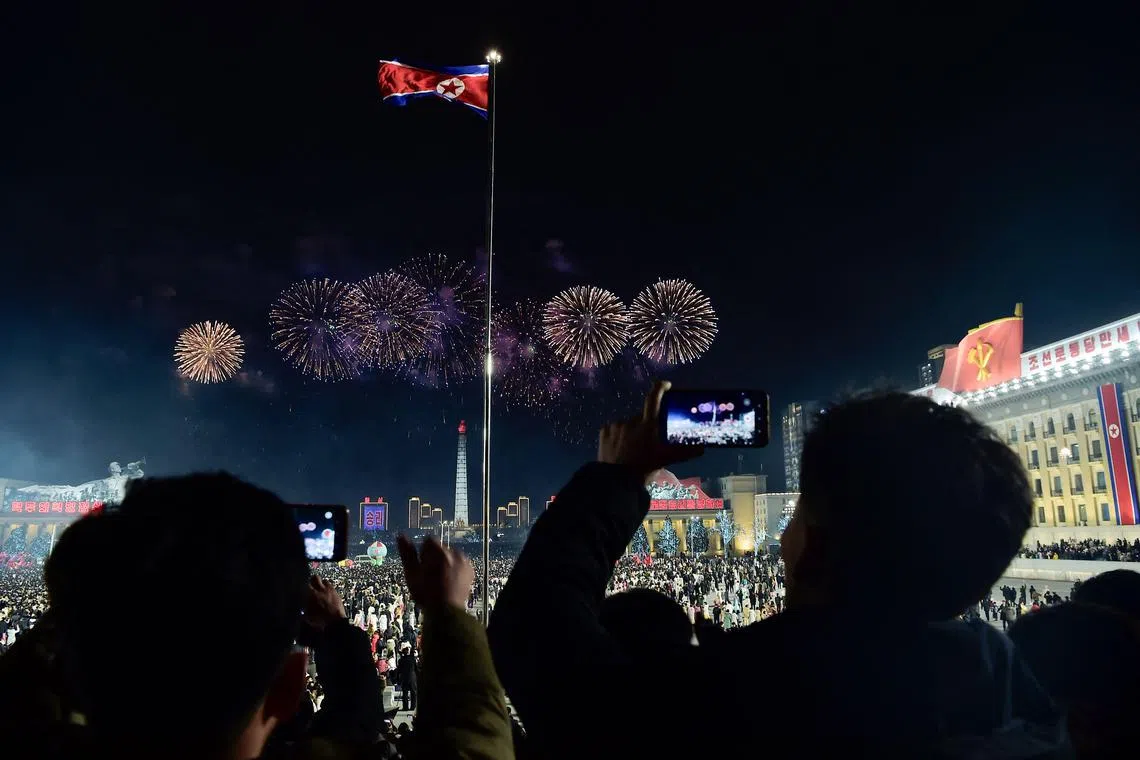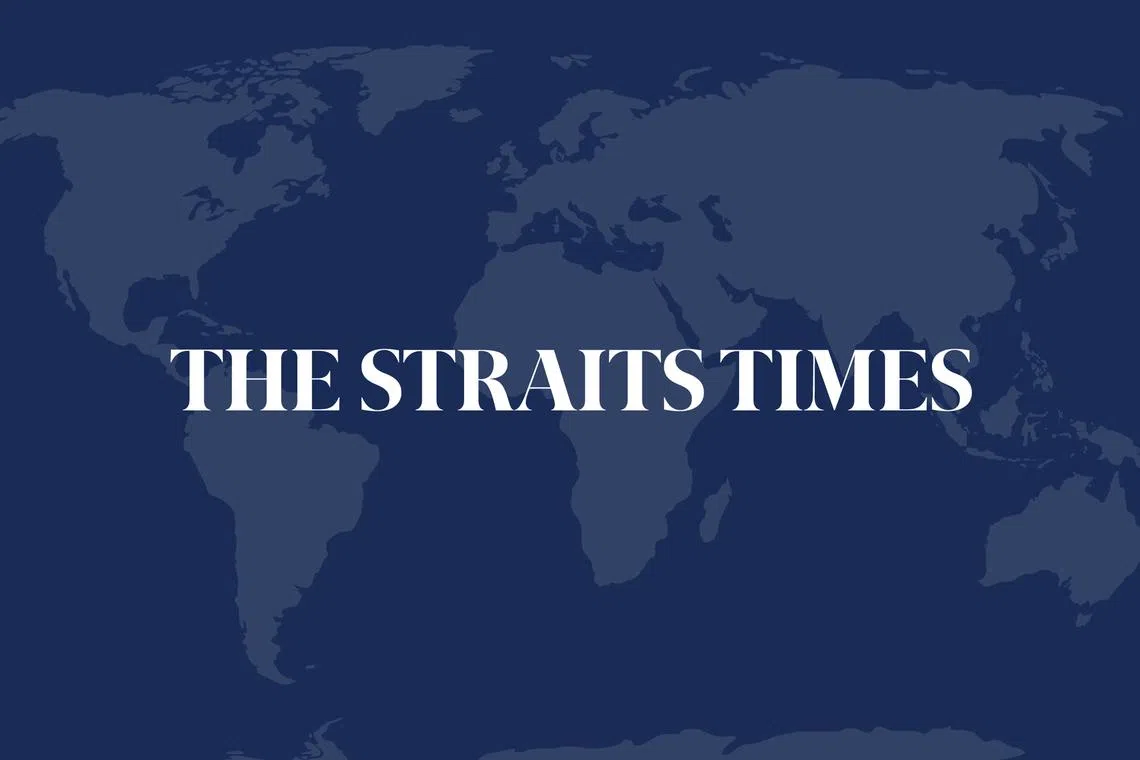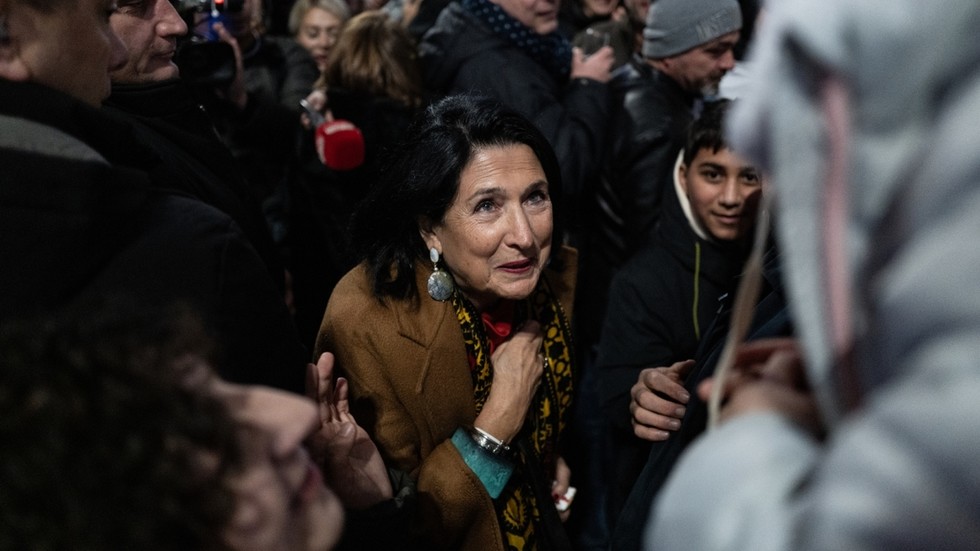KUALA LUMPUR – One of Malaysia’s largest public hospitals, Universiti Malaya Medical Centre (UMMC), started the new year on a sour note, hiking its fees amid higher costs of living and soaring health insurance premiums.
The fee hikes, effective Jan 1, 2025, come as increasing living costs in Malaysia strain patients’ budgets, leaving many concerned about the future affordability of healthcare.
While UMMC, the country’s most renowned teaching hospital, charges cheaper consultation fees compared with most private hospitals, its price increases are causing some concern, particularly among middle- and lower-income patients.
Full-time PhD student J. Pang, 49, who is in remission from ovarian cancer and relies on UMMC for follow-up care, is considering scaling back on the number of appointments due to the rising costs.
“As a patient, I can definitely feel the pinch. I have to go to so many follow-up appointments this year. I’m seeing a lung specialist, gynaecology oncologist, gastroenterologist, and psychiatrist,” Ms Pang told The Straits Times after a visit to UMMC on Jan 13.
“With the cost of living rising and no fixed income, I may have to cut back on appointments.”
Ms Pang, who also pays for medical insurance to cover gaps in UMMC’s services, is concerned that many patients may soon be priced out of the public healthcare system.
“I’m worried this will hurt government hospitals, as middle-income and lower-middle-income patients may be forced to seek care at even more strained public facilities,” she said.
Specialist consultation fees at UMMC have risen by more than 200 per cent, from RM15 (S$4.50) to RM50, while fees for general clinic visits have tripled, from RM5 to RM15. Ward admissions for a single adult room have jumped 1½ times, from RM120 to RM300 per day.
In comparison, private hospitals in the Klang Valley area typically charge around RM150 to RM350 for specialist consultations, while single adult rooms go for around RM250 to RM305 per day.
But the fees at UMMC, frequented by many who cannot afford private medical treatment, are now higher than those at Hospital Kuala Lumpur (HKL) – the main general hospital in Malaysia’s capital city – and other government hospitals.
According to the Ministry of Health (MOH)’s website, single room rates at other government hospitals range from RM90 for a non-air-conditioned room to RM120 for an air-conditioned room per day. There, outpatient consultation fees and specialist fees are RM1 and RM5 a visit, respectively.
UMMC is the only public hospital serving the suburbs of Petaling Jaya, Damansara and surrounding neighbourhoods in the Klang Valley.
Many also prefer to be treated at UMMC due to its reputation for providing highly specialised care from experienced medical professionals. As a teaching hospital, it attracts top medical talent and offers access to cutting-edge treatments and research.
Malaysia has 10 government teaching hospitals, including UMMC.
There are no reports of fee increases at other teaching hospitals in Malaysia as yet.
A 39-year-old patient, who wanted to be known only as Constance, was shocked by the steep price hike during a visit to UMMC on Jan 9.
Constance is in remission from breast cancer but remains on various medications and requires regular follow-ups with the doctors. She also has diabetes and needs ongoing eye exams.
“Honestly, the price increase is on the steep side,” she told The Straits Times. For now, she will continue her follow-up visits to UMMC but said that “if it becomes too pricey in the near future for surgery, I will need to reconsider”.
Dr Lim Chee Han, senior researcher with non-profit research organisation Third World Network, said that while medical inflation, or the average cost of medical care, has been rising worldwide, Malaysia has outpaced the global average.
“It is true that medical inflation has been rising worldwide, with an average increase of 10 per cent (in 2024), but Malaysia is worse, with an increase of 15 per cent,” he told ST.
“With the near stagnation of wages and salaries for workers in Malaysia, and medical inflation continuing to be many times higher than the general inflation rate, it is becoming increasingly unaffordable for the middle class to access private healthcare and now some teaching hospitals,” he said.
“This is likely to push some into the MOH hospitals, worsening overcrowding and waiting times and also likely to increase the strain on the MOH’s resources.”
UMMC said in a statement on Jan 3 that it has experienced “significant” increases in the cost of advanced medical technology, consumables and medical supplies, and operational costs.
“We continuously invest in state-of-the-art equipment, innovative therapies, and advanced diagnostics to provide our patients with the most cutting-edge care available,” said the hospital.
“A substantial escalation in the prices of consumables and medical supplies globally has had a considerable effect on our expenditure.”
Former health minister Dr S. Subramaniam in 2024 highlighted the discrepancy in annual government funding between university and MOH hospitals. He noted in a local radio station podcast that Hospital Kuala Lumpur (HKL), which has 2,300 beds, receives up to RM1.5 billion in federal funds, while UMMC with over 1,600 beds gets just one-third or around RM500 million.
“The issue here is the underfunding... There has to be extra funding given to it (UMMC), and extra development. How can (UMMC) go back to a better budgeted situation where they will be able to provide free service to the poor?” Tan Sri Dr Subramaniam said in the podcast.
UMMC said it was responsible for generating its own income although government assistance remains its main source of funding and the revision was to ensure sustainability.
UMMC’s fee hikes have increased concerns about the affordability of healthcare and in a country where the monthly minimum wage is set at RM1,700 from Feb 1.
The move by UMMC to raise its fees comes just after the furore last December over a planned 40 to 70 per cent hike in health insurance premiums by providers in 2025.
Following a public outcry over the insurance providers’ plans, the government announced interim measures on Dec 20, 2024, such as having the premium increases spread out over three years, and imposing a 10 per cent annual cap on rises in premiums.
The authorities also said they are working on long-term solutions to address rising medical costs, while Prime Minister Anwar Ibrahim has proposed measures to reduce healthcare costs and introduce targeted subsidies.
Join ST's Telegram channel and get the latest breaking news delivered to you.

 By The Straits Times | Created at 2025-01-16 07:49:08 | Updated at 2025-01-16 10:56:49
3 hours ago
By The Straits Times | Created at 2025-01-16 07:49:08 | Updated at 2025-01-16 10:56:49
3 hours ago








